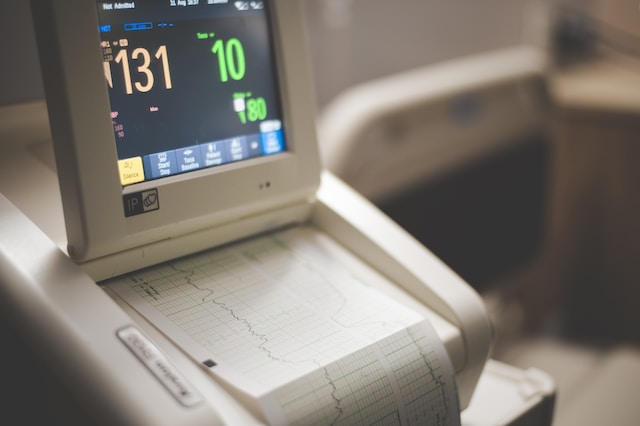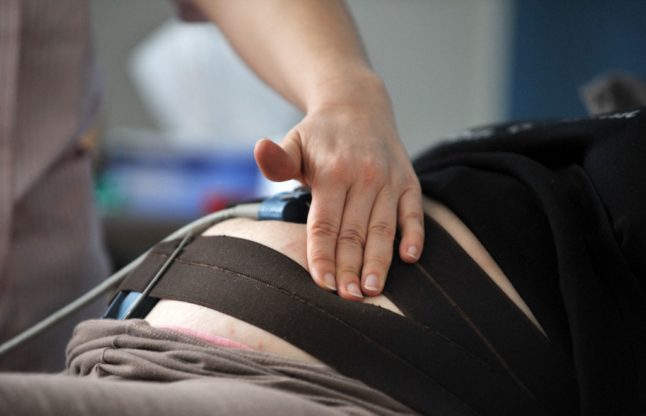Anna Santoiemma told her nine-year-old daughter's teacher that rather than spending evenings doing homework, her child needed time for sport and other activities.
She wrote the message in a homework diary, underneath the instructions for Thursday's homework: reading a page in a history textbook.
The mother shared the message on Facebook, adding: “Enough homework and enough of torturing our children after eight hours sitting at desks.”
“Mariasole wasn’t able to study History, because after eight hours of school, from 17:00 to 19:30 she dedicated her remaining free time to sport and recreational activities.”
Speaking to The Local, she said: “Unfortunately, school reform in Italy has been completely gutted because of continuous government cuts. We have demotivated teachers, there aren't any specialized refreshers' courses and there's no aptitude testing.
“School time should be contained within the eight hours that children spend at school,” Santoiemma added. “After that, leave them free to play, or even to laze around for the rest of the time. Instead, the culture of homework is already deeply rooted, which in my opinion is pointless after so many hours at school.”
Hundreds of people commented on the post, many of them criticizing the idea of children skipping their homework.
“The human mind is a sponge which is most absorbant in the first years of life, we need to make the most of this period of their lives to make them learn as many things as possible,” commented one woman, Maria Trimarco.
“Studying is torture for you? What kind of message do you think that sends?” said another Facebook user.
However, other parents and commenters agreed with Santoiemma that children need more downtime and shouldn't be picking up pen and paper after eight hours in school.
“I'm with you! The best schools in the world have fewer hours of classes and more recreational time. Children have to be children – at least for a few hours a day!” said Valentina Donati.
“If I leave work after eight hours, the last thing I want is to do the same thing at home that I've been doing all day,” said another Italian mother, who added that she encouraged her children to do their homework at weekends or during holidays, but not on school nights.
Are Italian schoolchildren overworked?
Earlier this year, one Italian mayor issued a homework ban for the summer holidays, arguing that children needed time to forget their schoolwork and let off steam.
In his decree, the mayor of the central Sardinian town, Luciano Barone, made a few suggestions as to how their time off could be put to better use.
“I’ve asked them to go for long walks, to discover and savour the sunrise, to dance, to write and, above all, to read whatever they want and discuss it with others,” he said. “Good citizens should have a solid education which can't be gained from books alone.”
On the other hand, some politicians argue that Italian youngsters actually have too much free time, with the three month summer holiday coming under attack.
Last year, Italy's labour minister ignited debate by suggesting the summer break be cut to just one month.
By standards in other European countries, Italy’s school holidays are somewhat excessive. Across the border in France, pupils are given eight weeks outside the classroom, while in Germany there are around six weeks of summer holidays.
READ MORE: 'The schooling is very different in Italy'

Expat mum Isabelle Duranceau, who told The Local about her experience of Italian schools, with her children in Santa Maria di Leuca. Photo: Isabelle Duranceau





 Please whitelist us to continue reading.
Please whitelist us to continue reading.
Member comments